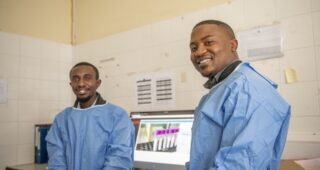Six Stories of Stigma Surrounding HIV/AIDS
No one should ever be discriminated against because of their age, sex, gender identity, sexual orientation, disability, race, ethnicity, language, health (including HIV) status, geographical location, economic status or migrant status, or for any other reason. Unfortunately, however, discrimination continues to undermine efforts to achieve a more just and equitable world. (UNAIDS)
In recognition of Zero Discrimination Day, we share six stories of how people living with HIV around the world experience stigma because of their status — and how they’re fighting back.
Facing Stigma Together in Homa Bay
“When I was still in primary school, one of my classmates was HIV-positive,” says Collins, a 16-year-old living in Homabay, Kenya. “Since everyone knew he was HIV-positive, people were talking about him.”
He felt stigma [because of his HIV status] and he rejected his treatment. He did not want to take the drugs.
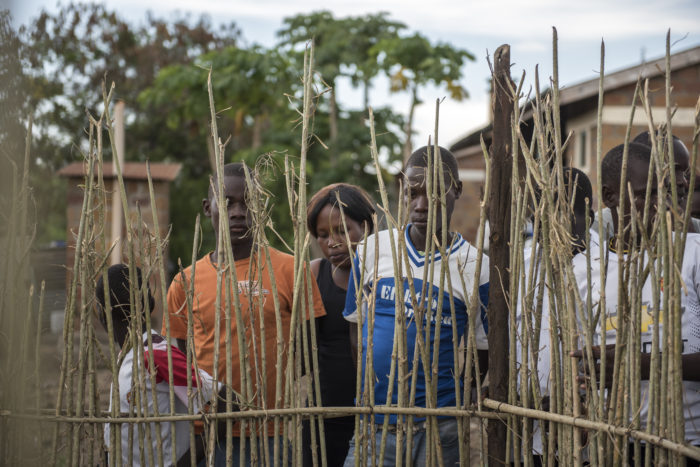
Read More
Orphaned By Stigma in India
Because of stigma and lack of information, many HIV-positive people remain reluctant to tell loved ones about their status or adhere to treatment, increasing the possibility that they will spread the virus.
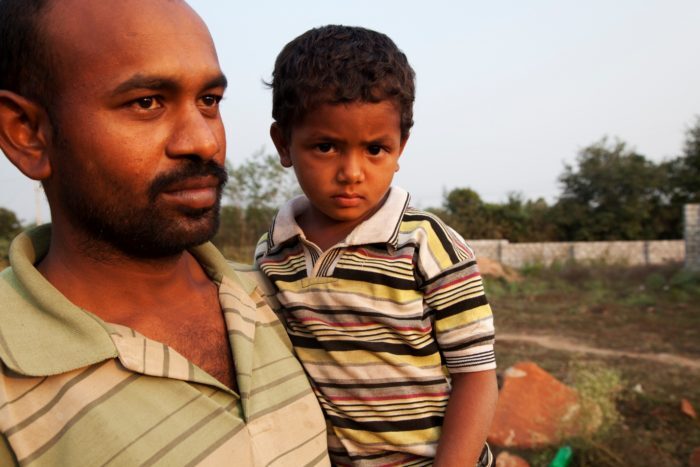
Read More
A Boy Grows into a Man Through Teen Club
“At that time, I wanted to kill myself because I felt that I was not an important person,” Pemphero remembers.
Stigma is still a factor for many children and adolescents living with HIV in Malawi. Pemphero says that he has experienced schoolmates who no longer play with him after learning of his HIV status.
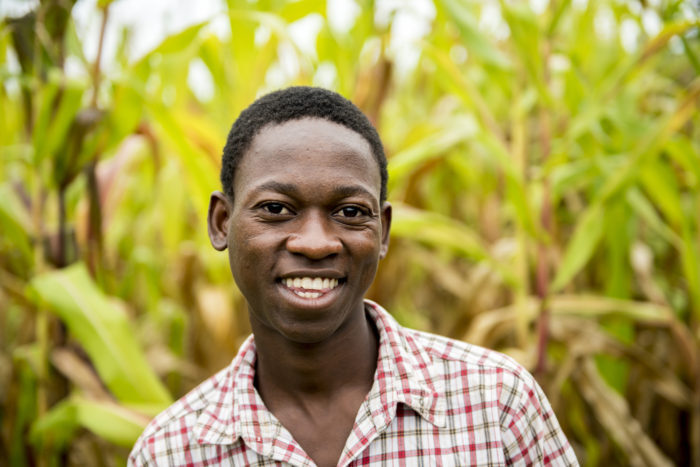
“If the teen club did not exist, it would be difficult to understand and accept my HIV status,” says Pemphero. “Taking the treatment would be so hard. But I have learned from teen club that I can be healthy.”
I no longer think about killing myself. I realize that there are many young kids with the same status as mine. I realize that I can get a job.
Read More
Disclosure Means Life in Zambia
Gertrude Mwiinga, 40, says that she used to be ashamed about living with HIV and was afraid to tell her son, Sholdon, that he, too, had been infected with the virus. However, through the support of health workers at the Mbuya Daisy site in Mukuyo, Zambia, she found the strength to help him accept his HIV status.
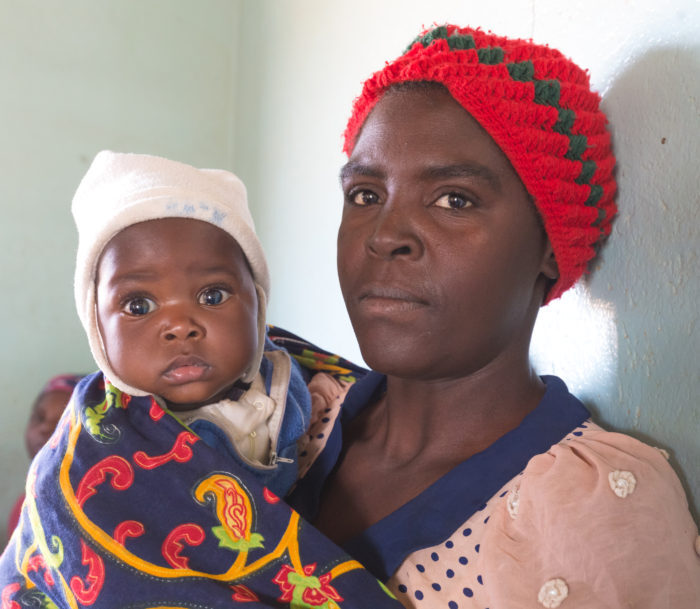
Read More
What It’s Like Living As An HIV-Positive Teen
 “I found out I was HIV positive when I was 7 years old,” says Ashley Rose Murphy, EGPAF Ambassador. “When my parents told me, they sat me down and they said, ‘Ashley, the reason why you take all of these medications and why you go to all these doctor appointments is because you have a virus called HIV.
“I found out I was HIV positive when I was 7 years old,” says Ashley Rose Murphy, EGPAF Ambassador. “When my parents told me, they sat me down and they said, ‘Ashley, the reason why you take all of these medications and why you go to all these doctor appointments is because you have a virus called HIV.
Her parents and doctors told her she shouldn’t tell anybody, but Murphy didn’t understand why. “I asked, ‘Why do I need to keep it a secret? I didn’t do anything wrong.’”
Since then, Murphy has spoken to thousands of people, hoping to help educate others and reduce the stigma around HIV.
Murphy says the widespread fear of HIV stems from a lack of knowledge, which is why she speaks so openly about it. She speaks at school and conferences to educate both kids and adults about the virus so they understand what it is and what it’s like to live with it.
Read More
Speaking Out Against Stigma
Despite the strides that the world has taken since Elizabeth Glaser was infected with HIV in 1981, stigma toward HIV-positive women continues. For example, according to the 2013 UNAIDS report, HIV-positive women in India frequently face rejection from their families and ostracization from their communities. Their children may be taken from them.
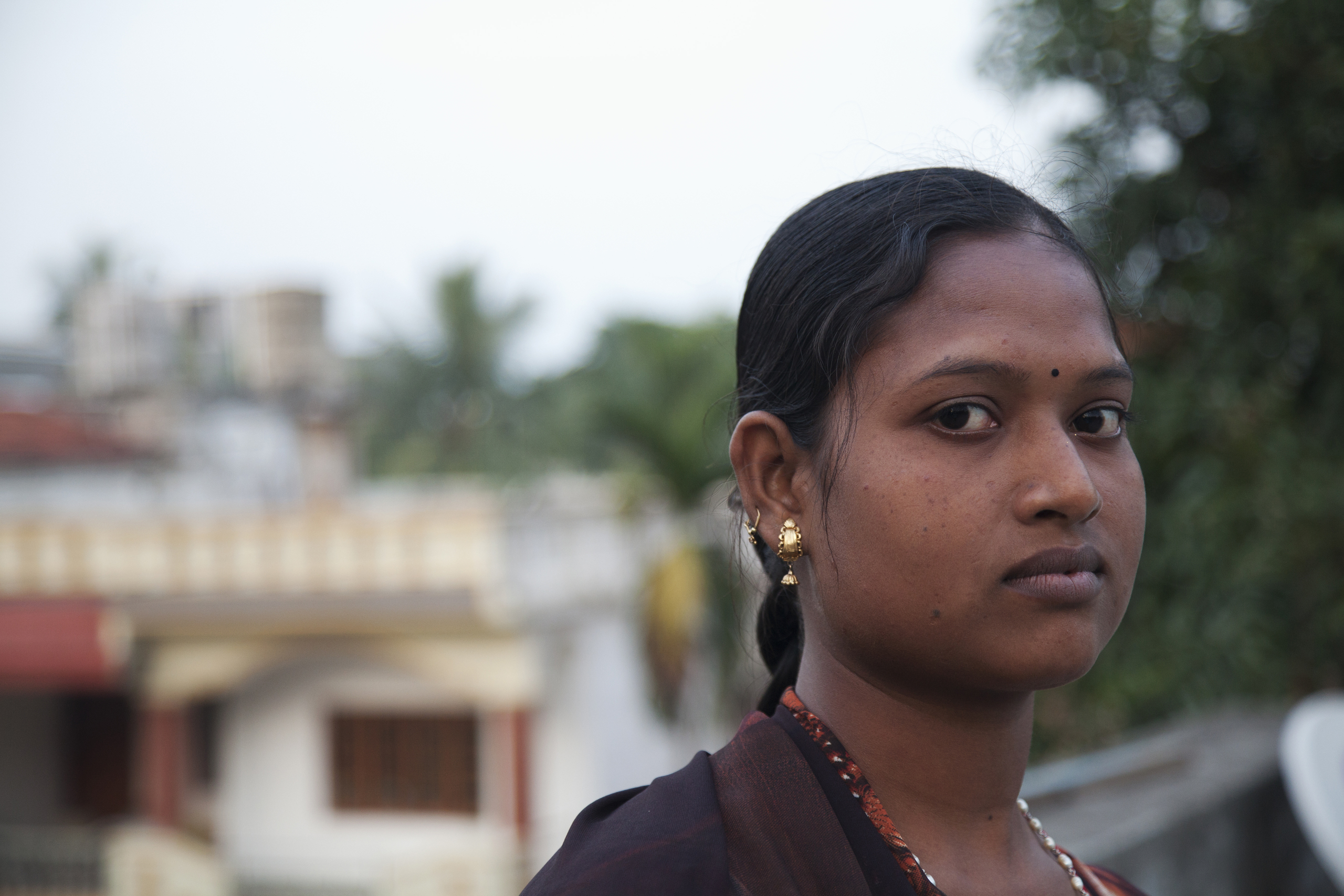
One young woman once at risk of that fate is Banita Jena, a 26-year-old living near Bhubaneswar, India, a commercial hub on the Bay of Bengal.
Read More
General
